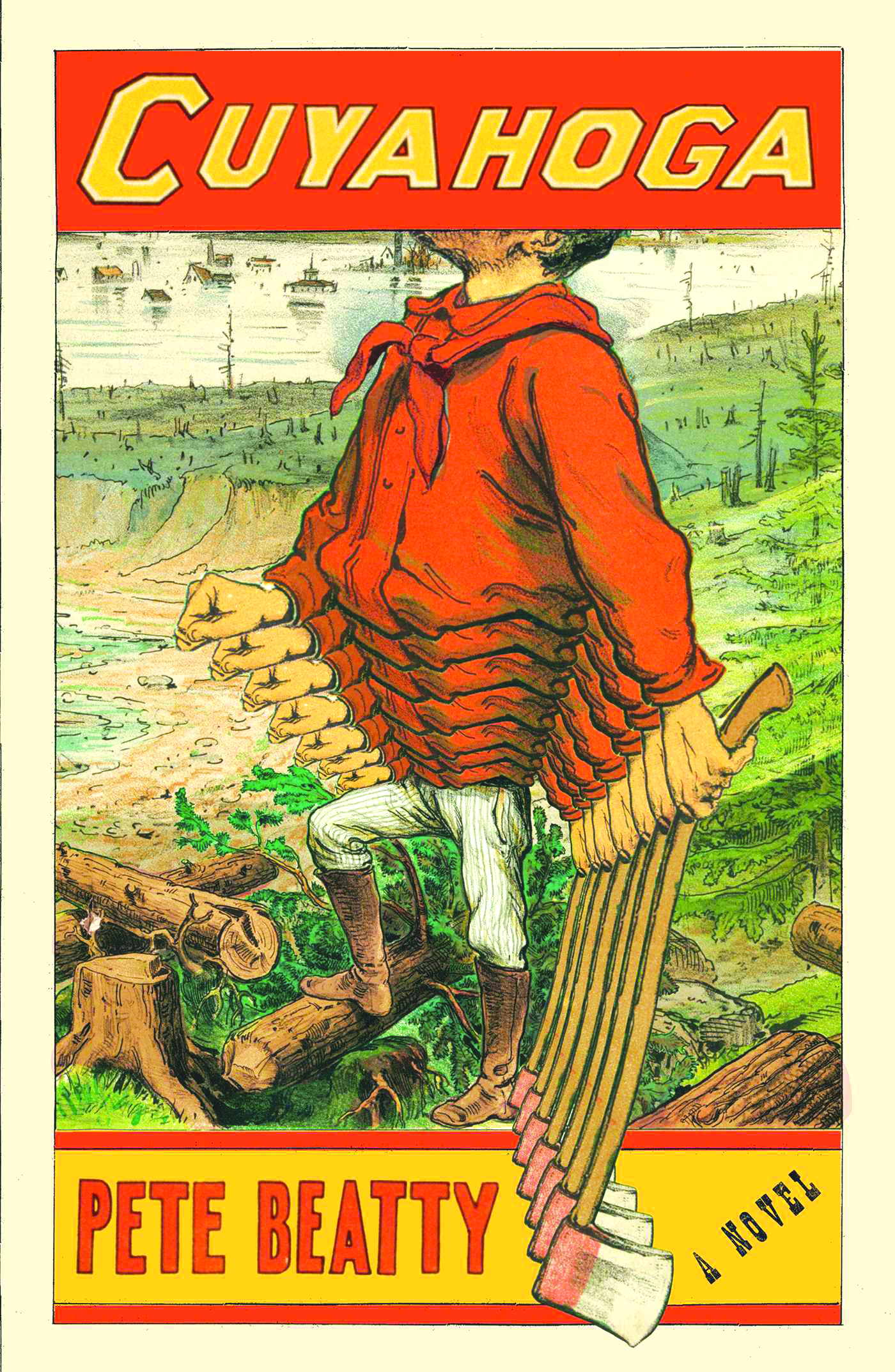Halloween dance party is right for the times
Among the many entertainments challenged by the pandemic, EDM — electronic dance music — faced a unique hurdle. A lively audience is integral to the experience, almost as important as the DJ throwing beats. Manchester DJ Omari Nkosi summed up the problem succinctly.
“It’s not that easy to keep people six feet apart on a dance floor,” he said recently by telephone. “You run into issues.”
Nkosi and his promotion company Pangea have weathered Covid-19’s choppy waters since lockdown was lifted to stage a number of events. They did it by presenting clear screening, masking and distancing rules for shows at hometown spots like Jewel Music Venue and Whiskey’s 20.
The upcoming Covenant Halloween Vampire’s Ball at Whiskey’s 20 will offer one less difficulty, because everyone will gladly wear a mask.
“That’s the beauty of it,” Nkosi said. “Having a costume party just kind of makes it a lot easier.”
DJs appearing at the event include Nkosi, Trippa, Wiggles and Midas.
Midas — real name John Manning — will be spinning in Manchester for the first time since lockdown began. His one post-quarantine show happened in Providence, Rhode Island, an early October event he described as “straight out of a Stanley Kubrick movie” in a recent phone interview.
“Each section had like five people and you were in your own little plastic case,” he said. “It was so surreal.”
Working in front of a crowd that night, however, provided a familiar rush.
“It filled my soul,” Midas said. “I needed that. It’s like I forgot that I needed it, like a plant needs sunlight. I forgot that I need to do gigs and be able to play and see people and actually be able to send energy back and forth. Now that being said, everyone’s dancing in their own section with their five friends and it’s back to the Kubrick movie.”
Midas is a veteran of the city’s dance scene as well as the radio host of Late Night Delight every Saturday on WMNH 95.3. The latter is an alter ego experience, he said.
“I love the station; everybody there is awesome and it’s its own living breathing part of Manchester,” he said. “I love all kinds of music, and my show is an opportunity for me to not play for a dance floor … it’s listening music. If I want to just do some ambient type of stuff or play five different styles or a tribute, I can and often do. I really try to reinvent the wheel every week.”
Though his radio sets often lean to classic artists like The Beatles, Midas’s touch isn’t old-school.
“The digital age is great for a DJ, because I can have all my music at my fingertips,” he said. “I love it, I embrace it, I can’t wait to see what’s next. Things just keep getting crazier and crazier.”
His appearance at Whiskey’s 20 will lock into a club groove.
“I’m going to try all kinds of surprises,” Midas said. “Things that make you go, ‘Hell, yeah, I can’t believe I’m hearing this right now!’ It’s an electronic music event, so I’m going to stay within the realm of that and party with everybody. I also want it to be dirty and scary at times. So I’ll walk the line between a few different feelings that will definitely be fun. Lots of remixes, because it seems like that’s the kind of thing you want to hear — a bunch of awesome remixes.”
Nkosi looks forward to sparking a creative vibe at the upcoming party.
“Halloween tends to bring out the wild side of people,” he said, recalling a performance at the now-closed Red Door in Portsmouth a few years back. “I was playing techno at 100 to 124 BPM. … Now, I’m a 128 to 130 guy. I like to rock straight techno, but people were just eating it up. Halloween definitely makes you do a lot of things that you normally wouldn’t be able to do.”
Covenant Halloween Vampire’s Ball
When: Tuesday, Oct. 27, 8 p.m.
Where: Whiskey’s 20, 20 Old Granite St., Manchester
Tickets: $10 at the door
Featured photo: Midas. Courtesy photo.






